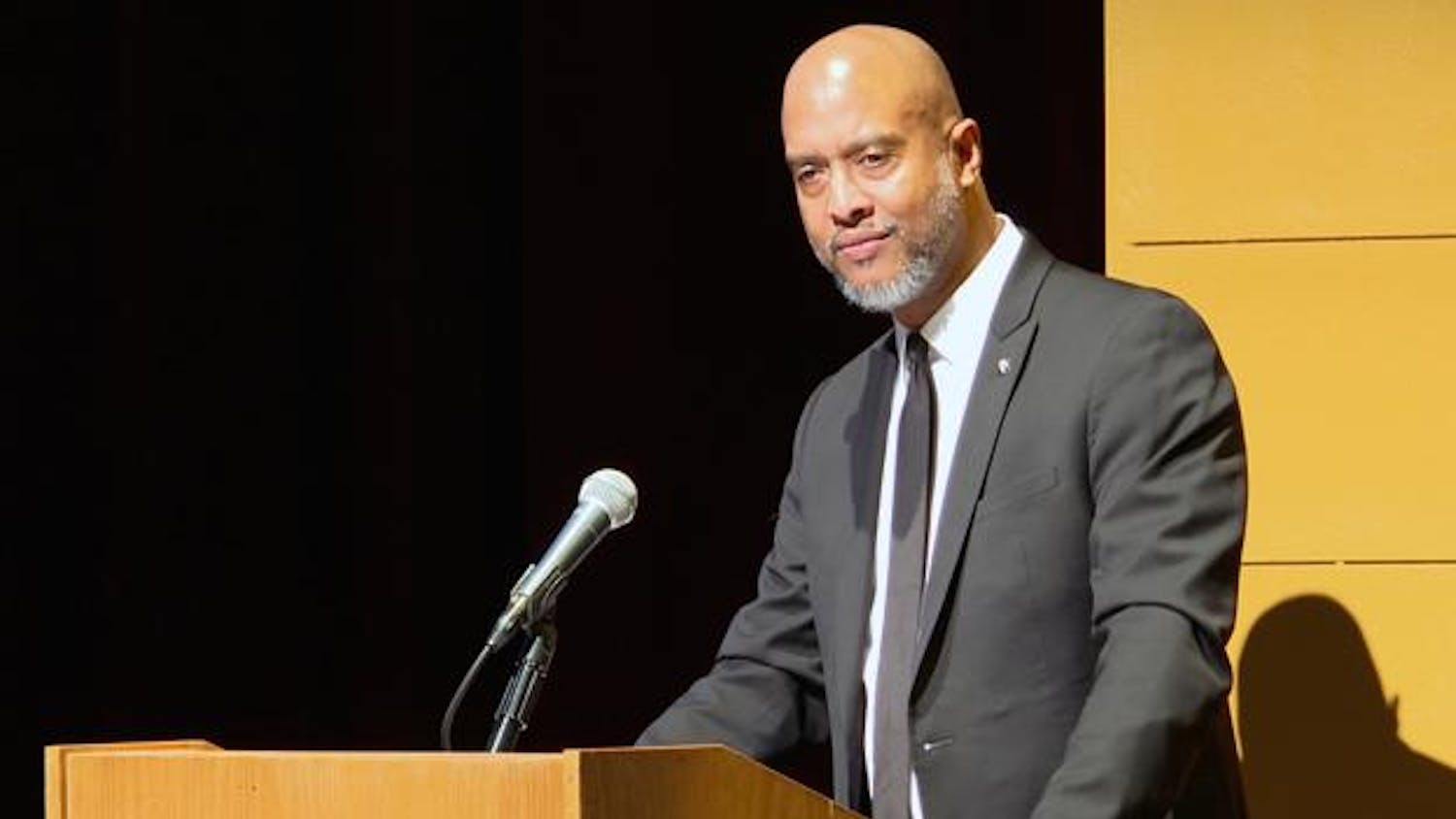JERUSALEM -- Prime Minister Ariel Sharon won a historic victory Tuesday when parliament voted to approve his plan to withdraw from the Gaza Strip and parts of the West Bank -- the first time lawmakers have authorized the removal of Jewish settlements from lands the Palestinians claim for a state.\nThe 67-45 vote, with seven abstentions, gave strong backing to Sharon's plan to evacuate 21 settlements in the Gaza Strip, where 8,200 Jewish settlers live amid 1.3 million Palestinians, and four in the West Bank.\n"I think that the prime minister of Israel had a great victory tonight," Israeli Vice Premier Ehud Olmert told CNN.\nSharon won with the help of dovish opposition parties. Many members of his center-right coalition, as well as religious opposition parties, voted against him.\nSharon had hoped a strong victory such as the one he secured Tuesday would allow him to fend off settlers' calls for a national referendum on the plan -- something the prime minister has denounced as a delaying tactic by his opponents.\nHowever, immediately after the vote, four key Likud ministers who had voted in favor demanded Sharon call a referendum or said they would resign from the government.\nSharon's victory came a day after he surprised both detractors and supporters by giving a speech accusing settlers of suffering from a "messianic complex" and telling Palestinians that Israel has no desire to rule over them.\nThousands of Jewish settlers demonstrated outside the Knesset, the Israeli parliament, in a boisterous show of force Tuesday, denouncing Sharon as a traitor.\n"I came here to tell the people of Israel that this is our land and my home," said David Pinipnta, 31, of the Gaza settlement of Neve Dekalim. "No power on earth can move me from it."\nSharon entered the parliament building surrounded by an unprecedented 16 bodyguards -- reflecting security officials' fears of an attack by right-wing extremists who believe the prime minister is forsaking God's will by giving up parts of the biblical Land of Israel.\nPosters outside the Knesset declared that "Sharon has disengaged from reality" and "the evacuation of settlements is a victory for terror."\nThe parliament vote took place on the anniversary of two events that embodied the Jewish state's history of bloodshed and yearning: the assassination of Prime Minister Yitzhak Rabin nine years ago on the Jewish calendar and the Israel-Jordan peace treaty, signed on Oct. 26, 1994.\nNotably absent from Israel's debate on withdrawing from Palestinian territories are the Palestinians themselves, whom Israel accuses of being unreliable negotiating partners.\nPalestinian Cabinet Minister Saeb Erekat said Israel should not be making unilateral decisions about the Palestinians' future. "Now the seriousness of the Israeli government will depend on resuming negotiations with the Palestinian Authority," he said.\nTuesday's vote came as speculation mounted that Palestinian leader Yasser Arafat, confined to his West Bank headquarters for the past two years, may be seriously ill. Arafat has a large gallstone that is not life threatening, a Palestinian hospital official told The Associated Press. But the 75-year-old leader broke his Ramadan fast and underwent medical tests Tuesday, and Israeli officials have speculated he is suffering from stomach cancer.\nLate Tuesday, Sharon fired Uzi Landau, a cabinet minister who voted against him, and a senior official said the prime minister in the coming days will dismiss other ministers who opposed him.
\nThe referendum initiative got another boost Tuesday night when the National Religious Party, a key part of Sharon's coalition, announced that it will quit within two weeks unless the parliament vote is accompanied by a pledge to hold such a vote.\nFour Likud ministers -- Benjamin Netanyahu, Limor Livnat, Yisrael Katz and Danny Naveh -- voted for the plan, then immediately demanded Sharon accept the referendum ultimatum or they would resign from the government.\nTwo religious parties, Shas and United Torah Judaism, voted against Sharon despite the prime minister's efforts to get them to at least abstain.\nSharon's break with the religious right and much of his own party will likely force him into a new coalition featuring a divided Likud, the center-left Labor Party and the secularist Shinui Party -- an alliance that excludes much of Israel's religious population and Jews of Middle Eastern descent.\nPolls show Sharon would probably win a referendum, with more than half of Israelis supporting a withdrawal. However, the government hopes to complete its pullback by next year and worries that a referendum would push back those plans. The withdrawal initiative must still pass several more parliamentary votes before it can be implemented.\nOne Likud legislator, Eli Aflalo, said he was so rattled by the relentless pressure to vote against Sharon that he collapsed last week and ended up in a hospital. Aflalo, who had suffered a minor stroke, arrived at the Knesset in an ambulance and entered the chamber in a wheelchair Tuesday.\n"We have to support the prime minister," he said, clutching his right side. "Believe me it is difficult and I am in pain."\nAssociated Press reporter Ramit Plushnick-Masti contributed to this report.


